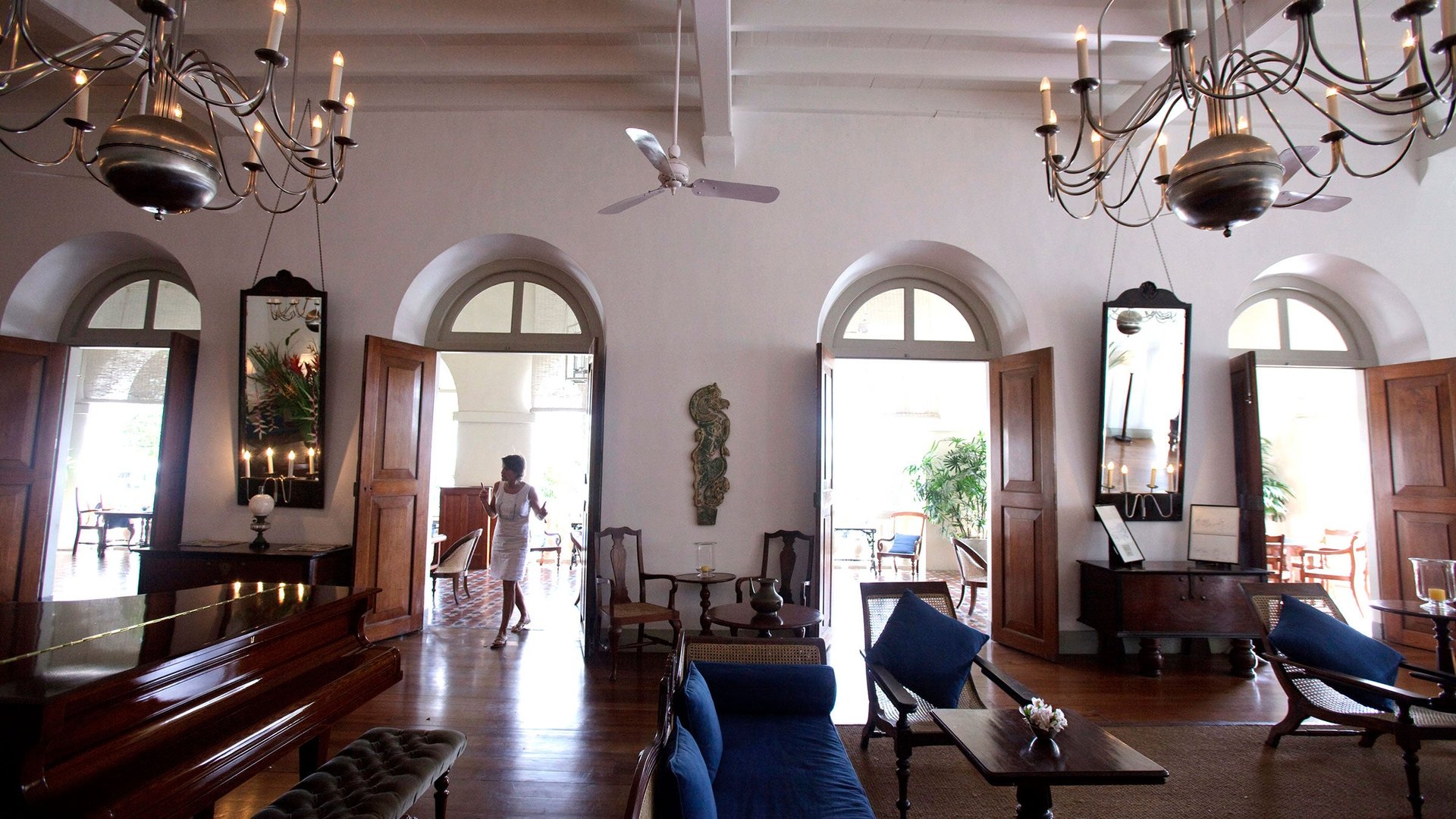The cult resort chain that attracts high-spending customers without making a profit
Adrian Zecha, the one-time journalist turned hotel entrepreneur from Indonesia, is back in control for a third time of Amanresorts. That’s his original group of exclusive resorts which has a global following of “Amanjunkies” willing to spend upwards of $1,000 a night for meals and lodgings in minimalist luxury in exotic locations such as Cambodia’s Angkor Wat.


Adrian Zecha, the one-time journalist turned hotel entrepreneur from Indonesia, is back in control for a third time of Amanresorts. That’s his original group of exclusive resorts which has a global following of “Amanjunkies” willing to spend upwards of $1,000 a night for meals and lodgings in minimalist luxury in exotic locations such as Cambodia’s Angkor Wat.
Sound like a good business to be in? Well, the Qatar sovereign wealth fund, luxury goods group LVMH, private equity firm Blackstone and Chinese airline group HNA are among those who have closely kicked Aman’s tires in the past year or two without biting.
One complication, according to Kevin Murphy, managing director of consultancy Asiawide Hospitality, is that Aman’s success spawned faster growth in Asia among imitators than among potential customers. Another issue, Murphy says, has been the hard times for the financial industry that mean fewer investment bankers have big bonuses to splurge on the purchase and rental of holiday villas at the resorts.
Aman’s expansion into Europe, the US and the Caribbean has also pressured its business model given the higher labor cost to deliver guest pampering. Sonu Shivdasani, founder of Six Senses, one of the Asian boutique resort groups started in Aman’s wake, sold most of it to the private equity firm Pegasus Capital earlier this year.
DLF, the Indian property developer which took control of Aman five years ago, has continually reported cash outflows from the business. Most recently it had a net loss for Aman and its affiliates of $5.1 million for the June-September quarter. DLF, which is selling assets to pare debt, said that Zecha’s management buyout of its 100% stake values the group at $300 million after stripping out a New Delhi property the company will keep.
The Amanjunkies are already speculating online about who is backing Zecha, who left Aman for two years in the late 1990s to start a new chain after private equity group Colony Capital muscled its way onto his board and began demanding changes. That and a series of other shareholder disputes have kept courts busy for years. Maybe Zecha’s third time will be more charmed.